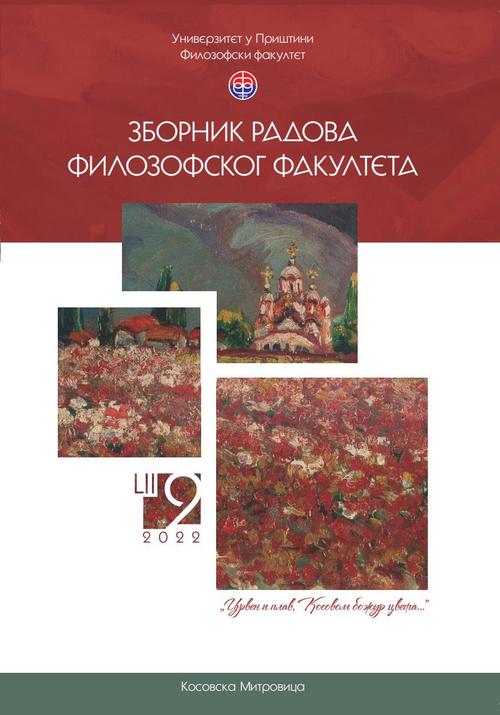Општа схватања о грађанском друштву
Sažetak
Прву идеју о грађанском друштву сусрећемо у Античкој Грчкој код Аристотела. Он је одређивао државу као заједницу грађана добровољно уједињених зарад срећног живота. Прва тумачења о дуализму политичке заједнице и друштва сусрећемо код ранохришћанских учењака Св. Августина и Томе Аквинског. Прве концепте грађанског друштва сусрећемо у Хобсовом учењу изнетом у делу Левијатан. Он полази од тзв. природног стања, које карактерише рат „свих против свију“. Други концепт грађанског друштва износи Џон Лок. За разлику од Хобса, Лок природно стање одређује као стање мира, добре воље, узајамне помоћи и одржавања.
Ранолибералне теорије о грађанском друштву заснивају своје учење на ограничавању моћи државе, тј. заснивају се на томе да грађанско друштво има способност вођења сопствених послова, што ограничава простор за мешање државе.
Хегелово схватање грађанског друштва одређује се на основу положаја грађанина према држави. Грађани су приватне особе које имају властите интересе за посебне сврхе, али свој пуни субјективитет, односно пуну сврху постижу једино међусобним повезивањем. Неолибералне теорије грађанског друштва јављају се почетком ХХ века. Повод интензивирања расправа о односу друштва и државе, средином ХХ века, јесте опасност која је грађанском друштву запретила од прекомерних политичких интервенција државе. Претходници који су указивали на ту опасност су Џон Стјуарт Мил, Алексис Токвил и Роберт Нозик.
Reference
Баландије, Ж. (1997). Политичка антропологија. Београд: XX век.
Вебер, М. (2013). Протестантска етика и дух капитализма. Београд: Филип Вишњић.
Гиденс, Е. (1996). Диркем. Београд: XX век.
Кангрга, М. (1987). Хегелов филозофски систем. Загреб: Напријед.
Лок, Џ. (1978). Две расправе о влади. Београд: Младост.
Марковић, Ж. Д. (2010). Перспективе демократизације отуђене политичке власти. Политичка ревија, 1/2010, 131–146.
Мил, Џ. С. (1978). О слободи. Наше теме, 3, 78.
Милосављевић, М. (1996). Социјални рад између традиционалног и модерног. Београд: Драганић.
Недовић, С. (1995). Држава благостања. Београд: Драганић.
Павловић, В. (1995). Потиснуто цивилно друштво. Београд: Еко центар.
Павловић, В. (2009). Цивилно друштво и демократија. Београд: Завод за уџбенике и наставна средства.
Подунавац, М. (1995). Политички систем. Београд: ФПН.
Прокопијевић, М. (2000). Конституционална економија. Ниш: НИП.
Токвил, А. (1990). Демократија у Америци. Подгорица: ЦИД.
Хајек, Ф. (1997). Пут у ропство. Нови Сад: Global Book.
Хегел, Г. В. (1974). Сабрана дела. Београд: БИГЗ.
Џон, Р. (1988). Теорија правде. Подгорица: ЦИД.
Шефер, Б. (1994). Социјална политика и социјална стратегија. Београд: БИГЗ.
Detalji u vezi sa uređivačkom politikom, uključujući i autorska prava, dostupni su na sajtu SCIndeks.
http://scindeks.ceon.rs/journalDetails.aspx?issn=0354-3293

